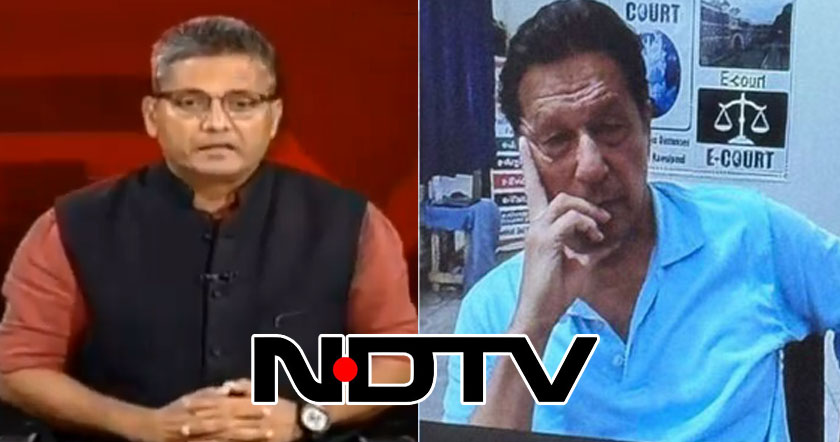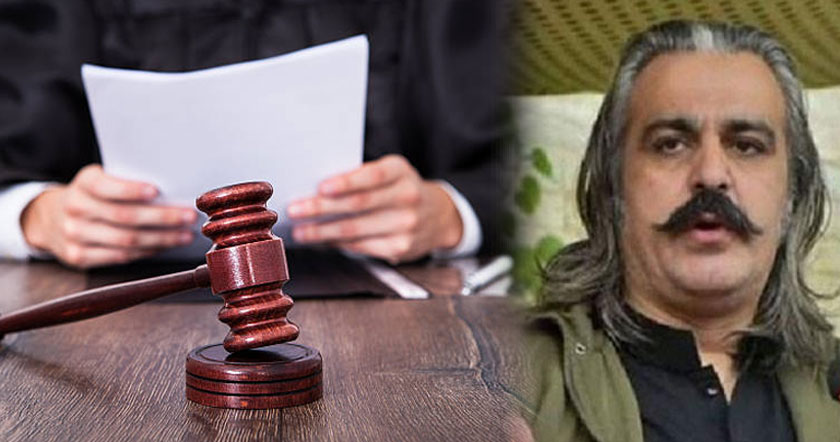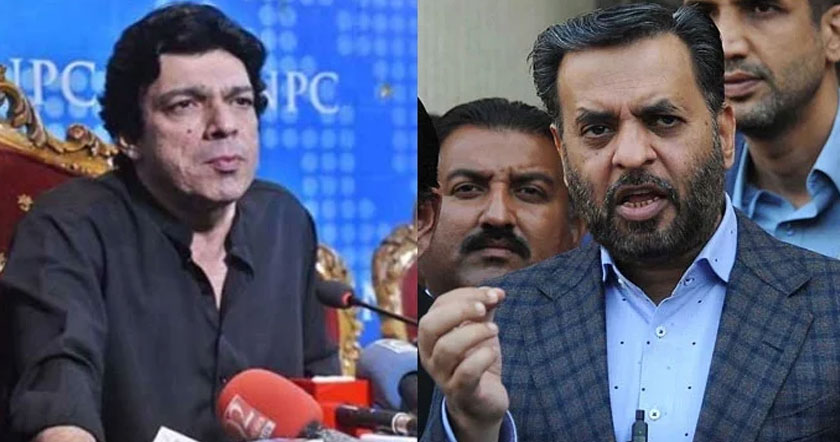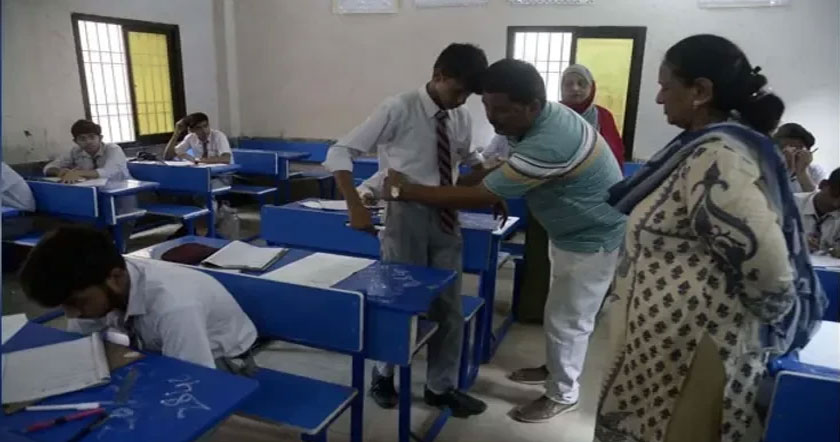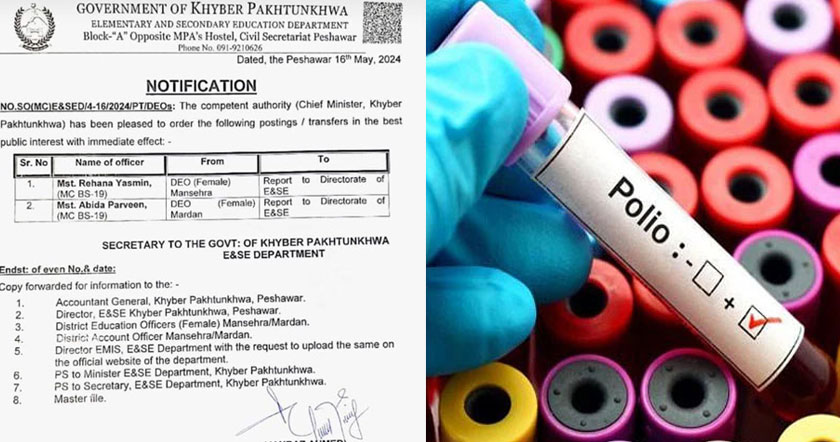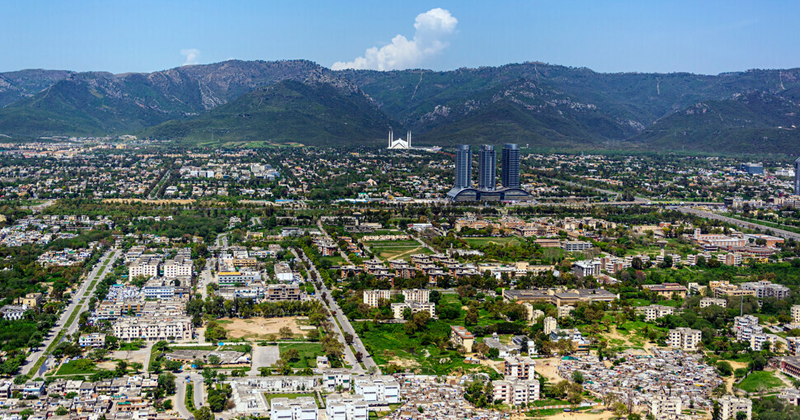GENERAL WESLEY CLARK: I was a military analyst and so I looked at everything in great detail. I wasn't allowed on television to talk politics at all. I testified in front of the senate, but the "Boston Globe" did a long piece on my military stuff about three or four days ago. You can find it there. Joanna Weiss wrote it, and she said what's changed is my rhetoric. My rhetoric has changed, because when I wasn't a politician, I couldn't speak out this forcefully, because I didn't have any basis for doing it. I had a military commentary that I gave. I said from the beginning of the war with Iraq, that Iraq wasn't an imminent threat. I said in the beginning that we shouldn't rush into war. I said that it was an elective war. I always believed that he had weapons of mass destruction because that's what the intelligence told us. And I wasn't I didn't know how much to rely on the intelligence. In fact, at one point, I had lunch with a bunch of other retired generals, with Donald Rumsfeld just a few months in front of the war and Rumsfeld told me that he knew where 30% of the weapons were. Well, if the secretary of defense tells you personally, I still didn't think it was an imminent threat, but I wasn't privy to the intelligence. He was. They misled the American people, so I didn't think we had to go to war, but I will admit my rhetoric has gotten harsher and tougher since then because I think they misled us. I think it was deliberate. I found out that Rumsfeld on 9-11 that he said he was going to try to use it to take us to war with Saddam Hussein. I have never been inconsistent.
This is in sharp contrast to statements Clark made as a commentator on CNN before the bombing last year. In January, Clark told CNN, "He [Hussein] does have weapons of mass destruction." When asked, "And you could say that categorically?" Clark responded: "Absolutely."
In February, Clark told CNN, "The credibility of the United States is on the line, and Saddam Hussein has these weapons and so, you know, we're going to go ahead and do this and the rest of the world's got to get with us...The U.N. has got to come in and belly up to the bar on this. But the president of the United States has put his credibility on the line, too. And so this is the time that these nations around the world, and the United Nations, are going to have to look at this evidence and decide who they line up with."
Immediately following the fall of Baghdad to US forces, Clark responded to a question about finding the alleged weapons of mass destruction, saying: "I think they will be found. There's so much intelligence on this."
But as Clark speaks out about the war in Iraq, his own record in a different war is almost never examined. That is his role as the Supreme Allied Commander of NATO during the 78 day bombing of Yugoslavia in 1999. Sure, the Clark campaign promotes this in its TV ads--but they say that he liberated a nation and ended a genocide. Clark mentions it often in his stump speeches and the debates. But as a qualification to be commander-in-chief.
What is not discussed is what Clark actually did when he was running a war.
















